Colorlines Investigation: US deports 46K parents with citizen kids in 6 months
Healthstyles, Thursday, December 15 at 11:00 PM on WBAI 99.5 FM, co-host Barbara Glickstein interviews Research Fellow Esther Portillo-Gonzales, on Applied Research Center’s (ARC) investigative report, Shattered Families: The Perilous Intersection of Immigration Enforcement and the Child Welfare System. The findings from a year long investigation by Esther Portillo-Gonzales and Seth Freed-Wessler is still ongoing.
Some key findings from the report:
- There are at least 5,100 children currently living in foster care who are prevented from uniting with their detained or deported parents.
- If nothing changes, 15,000 more children may face a similar fate in the next 5 years.
- This is a growing national problem, not one confined to border jurisdictions or states— ARC identified at least 22 states where these cases have emerged.
- Families are more likely to be separated where local police aggressively participate in immigration enforcement.
- Immigrant victims of domestic violence are at particular risk of losing their children
- ICE detention obstructs participation in Child Protective Services’ plans for family unity.
- Most child welfare departments lack systemic policies to keep families united when parents are detained or deported.
This program will be streamed live on www.wbai.org and can be listened to here.
Barbara Glickstein
[caption id="attachment_10253" align="alignleft" width="300"] Photo Credit: Colorlines.com[/caption] Healthstyles,



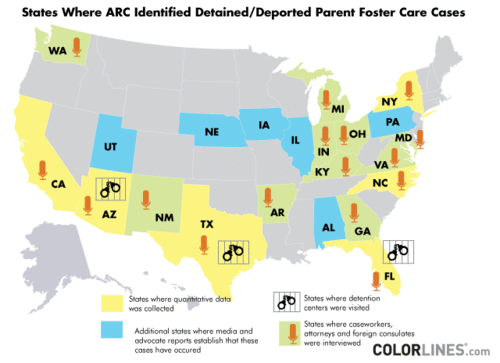
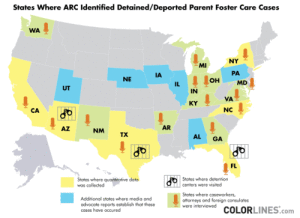
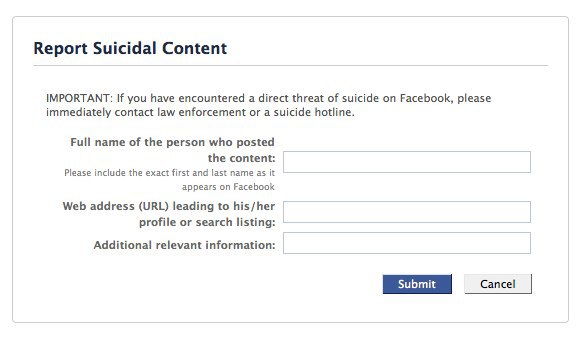
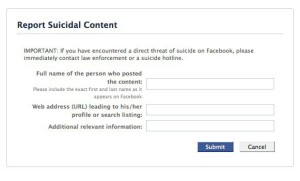
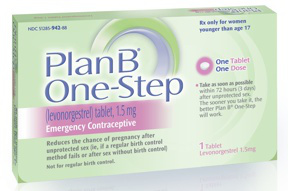
 Currently, no one under 17 can buy the Plan B pill from a pharmacist without a prescription; young women must show proof of age. The FDA seemed about
Currently, no one under 17 can buy the Plan B pill from a pharmacist without a prescription; young women must show proof of age. The FDA seemed about